
Photovoltaic exports from China are expected to increase as the European Union has ended anti-dumping and anti-subsidy measures, but the effect will not be immediately seen, market insiders said.
Beijing's decision in June to cut subsidies and impose a cap on new solar projects meant the country would have some 30 gigawatts of excess capacity to export.
While the opening of the European market is definitely good news for PV module makers in Europe and China, it is expected the country's announcement will not have a marked effect on either global module prices or short-term demand in the EU.
The EU market definitely opens a new door for Chinese companies as the Chinese government recently put the brakes on new solar installations, to counter the pressure of huge subsidy deficit.
The end of EU restrictions on the sale of Chinese solar panels, however, will not be enough to compensate for the decline in the China market, said Jiang Yali, a solar analyst at Bloomberg NEF, an industry information provider.
The Chinese government announced at the end of May that the authorities concerned would not grant subsidies to any new ordinary solar projects this year, prompted by the "overdevelopment" of the solar industry, according to the National Energy Administration. The move caught many in the industry off-guard.
China has led the world in solar-power capacity for the last three years, reaching 130 gW by the end of 2017, but much of that electricity has gone unused, with grids unable to absorb 7.3 billion kWh of solar-generated power in 2017, or 6 percent of the solar power China produced last year, the NEA said.
According to Jiang, PV modules will remain in oversupply this year globally as any further increase in EU demand is expected to be only marginal.
"So, we don't think the removal of the minimum import price will affect global module prices this year and in 2019," she said.
Bloomberg NEF expects Chinese multi module prices to drop to $0.24/W at the end of the year due to China's market contraction following policy restrictions on new solar installations.
"Thanks to the MIP expiry, lower module costs now could lead to more subsidy-free and large commercial rooftop project demand but we expect this to have a marginal effect on our short-term EU demand forecast," said Jiang.
According to Wang Bohua, secretary-general of the China Photovoltaic Industry Association, European markets tend to be conservative and stable, so the end to EU restrictions won't affect-demand this year.
Thanks to price cuts, Wang expected demand from the European market would be higher than the original anticipation.
The minimum import price for Chinese module imports into Europe was defined in 2013, following anti-dumping complaints by European PV manufacturers group EU ProSun in 2012.
Some Chinese module manufacturers rapidly set up module capacity outside of China, mostly in Southeast Asia, to avoid tariff and to continue to supply markets that have trade barriers against products made in China while avoiding rising labor costs in China.
According to the China Photovoltaic Industry Association, the EU market used to account for 90 percent of the country's total exports of such products. EU-related exports peaked at $20.4 billion in 2011 but shipments of China's PV exports to the EU markets in 2016 and 2017 totaled $14 billion and $14.53 billion respectively, thanks to the 2013 anti-dumping measures.
China's PV product exports rose 25 percent year-on-year in the first quarter of this year, the first such rise since 2012, according to CPIA data.
Currently, India, Japan, Australia, Brazil and Pakistan are the major buyers of Chinese solar panels, according to the General Administration of Customs.

















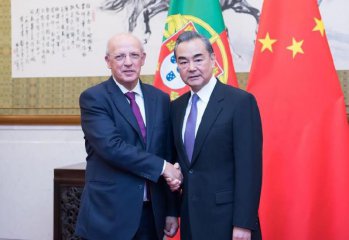
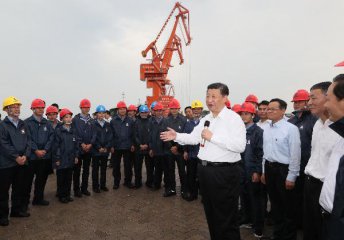
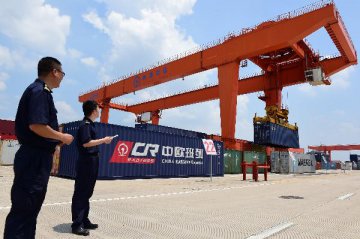
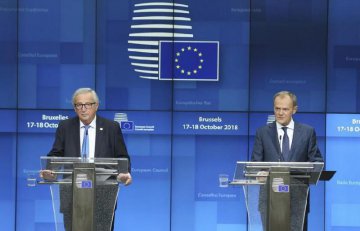
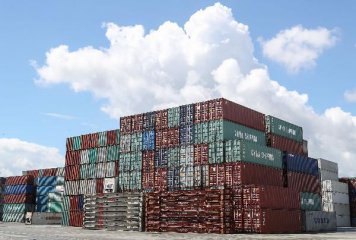


Latest comments